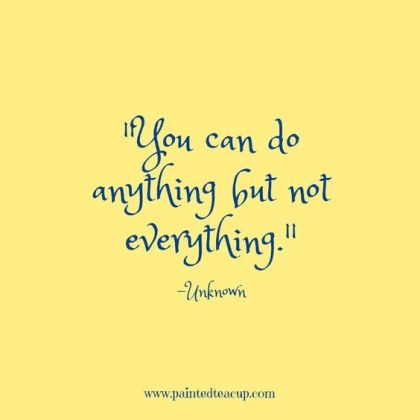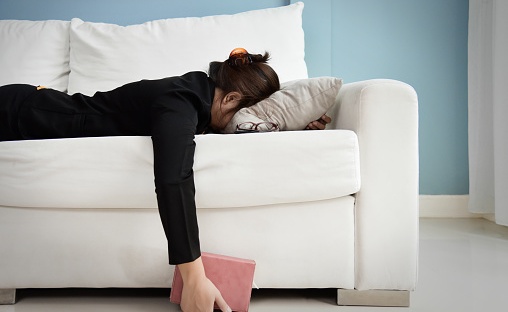November 1st is International Stress Awareness Day. With the holidays around the corner, this is something that a lot of people will be experiencing, and sometimes struggle with. It is both a positive and a negative experience and can lead to emotional, mental, and physical problems. So let’s take a moment and learn a bit about…

We all experience stress on a daily basis, whether at work, home, school, or in a variety of different settings and situations. Stress is the body’s response to changes that create taxing demands on ourselves and our perception of whether we are able to cope with those changes. While it is a mental state of distress when we feel anxious and overwhelmed when experiencing a stressful situation, long term emotional stress can lead to further complications and issues. Being in a constant state of emotional stress can lead to:
- Weakened immune system
- Cause high blood pressure
- Fatigue
- Depression
- Anxiety
- Heart disease (too much epinephrine produced to affect the heart)
However, not all stress is bad stress. We often focus on the one that causes us to experience anxiety and to panic, but stress can also be good.

Positive stress (or Eustress) is often what we experience when we feel excited and happy about something positive happening in our lives. This type of stress often motivates us, improves our performance, and drives us to be more goal oriented. Positive stress is also the type of stress that we perceive as well within our coping abilities. Examples of positive stress include:
- Starting a new job or getting a promotion/raise
- Getting married or having a baby
- Moving or buying your first home
- Taking vacations
- Holidays**
- Retiring**
** While a source of positive stress, these occasions can also produce negative stress and can trigger other feelings of anxiety and depression. Holidays can be a tough time for those that may have lost loved ones and unable to cope with their absence. Retiring can be tough on individuals who have always been in the workforce and find themselves with nothing to do or to occupy their time. With continued positive support from others it is possible to help those individuals overcome those stressful situations.
Negative stress, on the other hand, or Distress, is the one we tend to focus on and what causes feelings of unpleasantness, anxiety, and concern. Negative stress can sometimes lead to decreased performance (i.e. work and school), and is perceived as outside our coping abilities. Prolonged exposure to negative stress can lead to mental, emotional, and physical problems. Some examples of negative stress include:
- Death of a family member or loved one
- Divorce or separation from a committed relationship
- Injury or illness
- Financial problems
- Unemployment or unsatisfactory working conditions
- Legal issues
- School issues
Some other common causes of negative stress include external, internal, and habitual behavioral patterns. External causes can include: excessive job demands, giving a presentation, and commuting and travel schedules. Internal causes include: fears, repetitive thought patterns, worrying about future events, and having unrealistic expectations of self and others. Habitual behavioral patterns that lead to negative stress include: over-scheduling/over-taxing yourself, failing to be assertive, and procrastinating and failing to plan ahead.

So with stress being an ever constant presence in our daily lives, how can we deal with it? Below are some coping skills you can start incorporating in your daily routines starting now to help you better manage your stress and achieve a calmer state of mind:
- Go to bed early and get a good amount of sleep
- Wake up a few minutes earlier than you normally do each day
- Prepare ahead the night before (i.e. your outfit, lunch, work/school material)
- Wear comfortable clothing that are not too tight or too loose to allow you to move freely and not worry about constant adjusting
- Drink less caffeine and other stimulating aids
- Keep an agenda/planner (don’t just rely on your memory) and check it often
- Create a daily to-do list
- Say “NO” and be more assertive when you start to feel overwhelmed
- Organize your home and/or work space to clear your mind and improve your focus
- Maximize and efficiently manage your time well
- Enjoy the little happy moments throughout the day
- Do one thing you really enjoy everyday
- Read a book or listen to good music
- Watch a funny movie or TV show
- Write in a journal or keep a gratitude journal
- Cook yourself (or your family) a healthy meal
- Exercise or go for a walk
- Pursue a project you’ve always wanted to start
- Spend time with family, friends, and positive people
- Be kind to yourself and to the people around you
- Take a break from social media and be present in the moment
- Let go of the past
- SMILE MORE!


